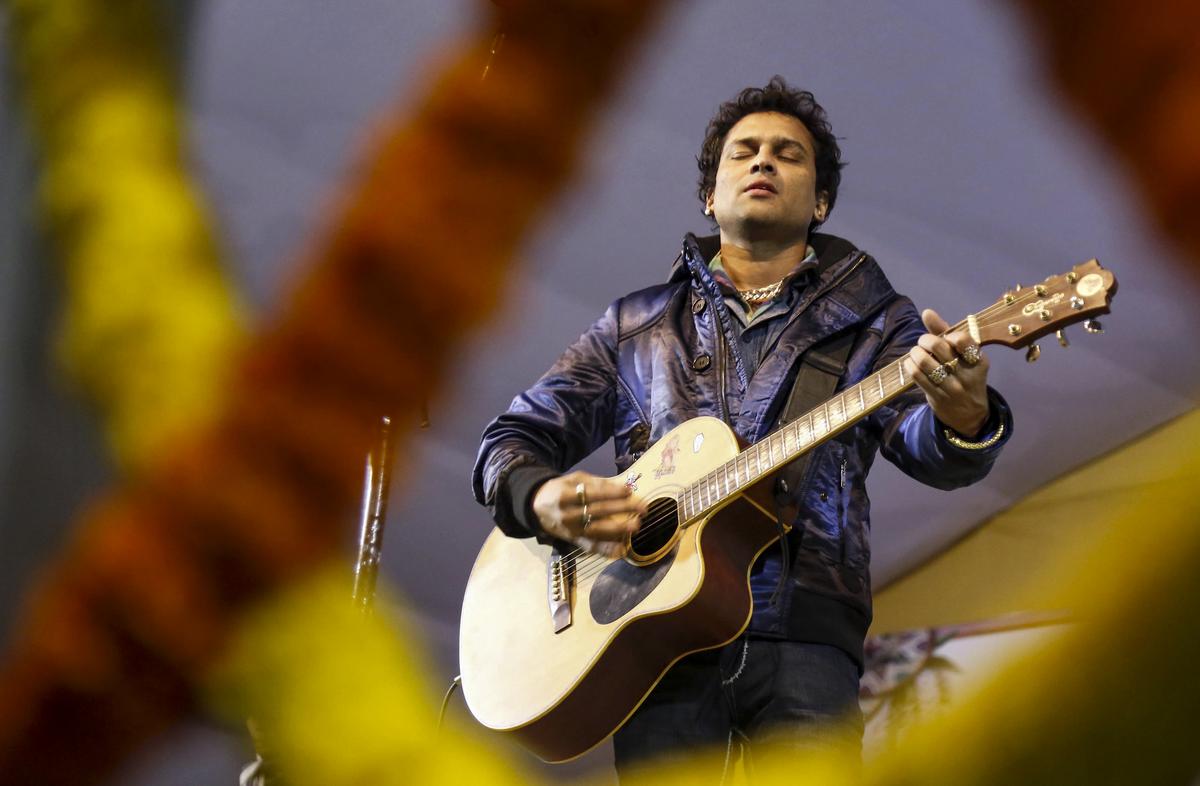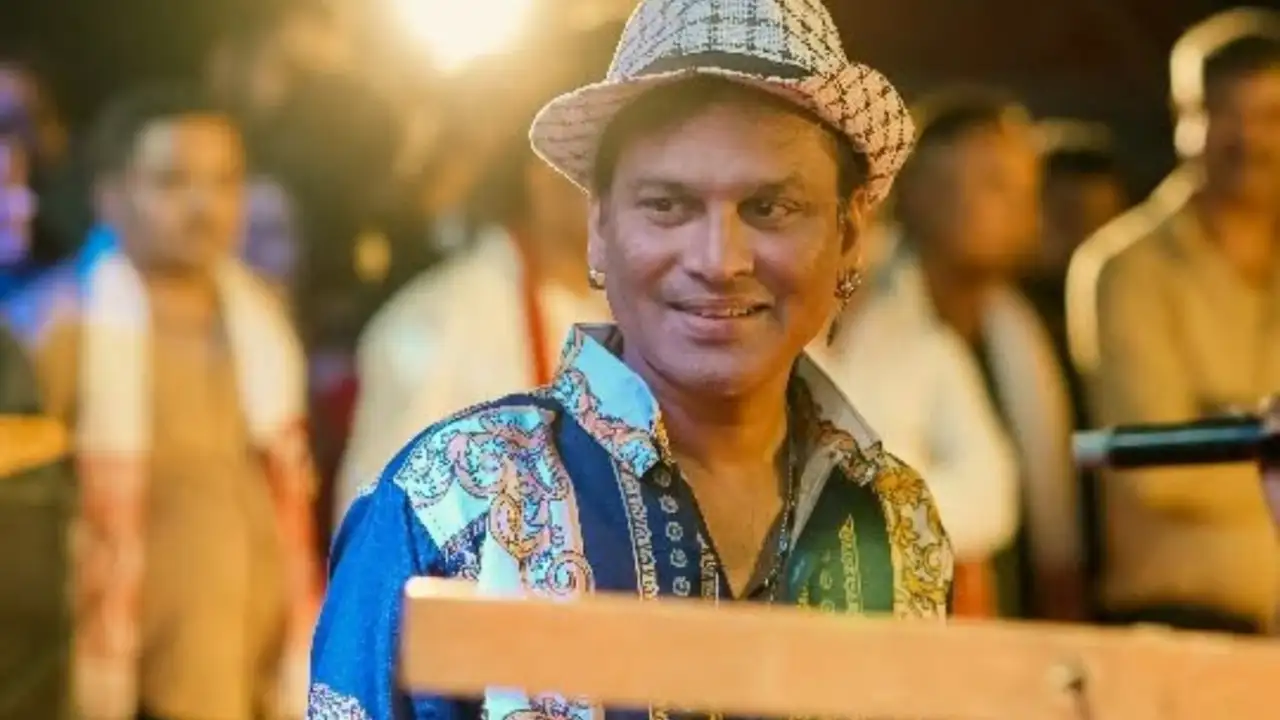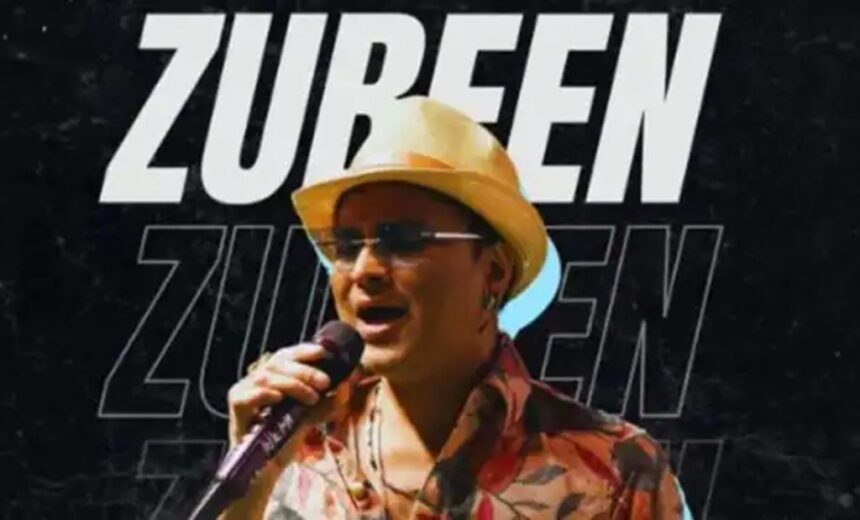NEW DELHI – The passing of Zubeen Garg, one of Assam’s most cherished musicians, has left the Indian music community in shock. Known for songs like “Ya Ali,” Zubeen was a celebrated singer, composer and actor.
He died at 52 in Singapore after a tragic scuba diving incident, causing a wave of sadness among fans, family and fellow musicians. He had travelled to Singapore as a cultural ambassador for the North East India Festival, planning to perform for the city’s Assamese community.
Arriving in Singapore on 17 September, Zubeen Garg looked forward to his role at the festival. Just hours before his show, he accepted an invitation from local Assamese friends to go on a yacht trip with a casual scuba dive off the coast. What started as a relaxed excursion quickly turned tragic.
Reports say that Zubeen had trouble breathing while diving. Singapore police pulled him unconscious from the water. Witnesses noted he was not wearing a life jacket, a detail later repeated by Assam Chief Minister Himanta Biswa Sarma, who pointed out that missing safety equipment could have contributed to the accident.
He was taken straight to Singapore General Hospital and admitted to intensive care. Crew members had already tried to revive him with CPR on the spot. Doctors announced his death at around 2:30 p.m. IST (5:14 p.m. local time), despite strong attempts to save his life.
Early findings suggest a possible heart attack or seizure underwater, worsened by the strain of scuba diving. Medical experts say diving can cause heart events, especially for people with blood pressure issues or when cold water triggers the “diving reflex”.
Authorities in Singapore are looking into the incident, checking if safety rules were followed, and have started speaking to everyone present. An autopsy will take place today, and with help from India’s High Commission in Singapore, his body is expected to return home to Assam by evening.
Chief Minister Sarma posted a heartfelt message online, calling the loss “tragic beyond words” and saying, “Assam has lost one of its favourite sons. I cannot express how much Zubeen Garg meant to Assam… He has gone too soon. This was not his time.” Festival organizers, unaware of the yacht outing, cancelled the show to honour his memory.

Zubeen Garg Inspired Millions
Born Zubeen Borthakur on 18 November 1972 in Tura, Meghalaya, Zubeen Garg grew up in a family fuelled by art and music. His mother, Ily, was a singer, and his father, Mohini Mohon, wrote poetry and lyrics.
He chose ‘Garg’ as his stage surname in the 1990s, using his ancestral gotra. Named after conductor Zubin Mehta, he learned music from a very young age, studying the tabla for 11 years under Pandit Robin Banerjee and picking up skills in 12 other instruments.
He got his big break in 1992, winning gold at a youth festival’s Western solo competition. His career took off soon after, lasting more than 30 years and including over 40,000 songs in 40 languages.
He sang in Assamese, Bengali, Hindi, Bodo, Karbi and even Sanskrit. National fame followed in 2006 thanks to “Ya Ali” from the film Gangster, which mixed his Assamese roots with pop rock and Bollywood. Songs like “Dil Tu Hi Bataa” from Krrish 3 proved his range as a singer.
In Assam, many saw Zubeen Garg as more than a musician. He was a composer, lyricist, director, actor and producer, often praised as a one-man music industry. Tracks like “O Mur Apunar Desh” became symbols of state pride. He acted in popular films such as Tumi Mur Matho Mur and the National Award-winning Mon Jai, showcasing his diverse talent.
Assam’s highest-paid singer, he guided aspiring artists and did charity work through the Kalaguru Artiste Foundation, helping flood victims and supporting education and health causes, including COVID-19 relief.
He also spoke out against the Citizenship Amendment Act and cared deeply about environmental issues. Zubeen revealed in interviews that some of his best songs came to him in the middle of the night and openly discussed his past struggles with alcohol.
His achievements earned him many awards, including Best Male Playback Singer in 2021 for “Tomar Khola Hawa” from Bride By Chance, and an honorary Doctor of Literature from the University of Science and Technology, Meghalaya, in 2024.
He was the guest star at the 2011 Assam Convention in the US and received tributes at home, including a 20-foot statue in Digboi and a bridge named after him in Tengapani.

Remembering Zubeen Garg
News of Zubeen Garg’s death brought sorrow across India and among the Assamese diaspora abroad. Prime Minister Narendra Modi posted, “Shocked by the sudden demise of popular singer Zubeen Garg. He will be remembered for his rich contribution to music. His renditions were very popular among people across all walks of life. Condolences to his family and admirers. Om Shanti.”
Union Home Minister Amit Shah wrote, “iconic singer, musician, and film personality” who left a gap that “will never be filled.” Rahul Gandhi described the loss as a “terrible tragedy,” adding that Zubeen’s voice shaped a generation and transformed musical life in Assam.
Assam Cabinet Minister Ashok Singhal and Ripun Bora joined with their own messages of grief, with Bora writing, “Deeply shocked and saddened by the untimely demise of our cultural icon… His voice, music, and indomitable spirit inspired generations.”
Fans gathered at his house in Guwahati’s Kahilipara neighbourhood, lighting candles and singing his songs late into the night. A candlelit gathering in Barpeta drew hundreds, and social media was filled with tributes and memories. Actor Adil Hussain shared, “Devastated and shocked… His contribution to Assamese music and culture is extraordinary… He will live amongst us through his songs.”
Zubeen Garg’s close friends and fellow musicians were left heartbroken. Manash Baruah, a childhood companion, said through tears, “He will always stay alive in my heart… We started making music together as children. I am really saddened by his death.
He was not well, but such an accident should not have happened… After Bhupen Hazarika, there is Zubeen Garg, and after him, there is no one.” Bengali singer Papon wrote, “This loss cannot be expressed in words; I have lost a good man, a friend.” Pritam and other colleagues also expressed their sadness on social media.
Zubeen Garg is survived by his wife, designer Garima Saikia, whom he married in 2002, and their daughter. Hours before the tragic accident, his last Instagram video invited fans to join the festival: “Hi my friends… I’ll be there with you…” That clip is now widely shared, serving as a bittersweet farewell.
As Assam prepares to say goodbye, Zubeen Garg’s songs—full of passion, pride and spirit—will continue to inspire. His music, deeply woven into the heart of Assam, will live on.














